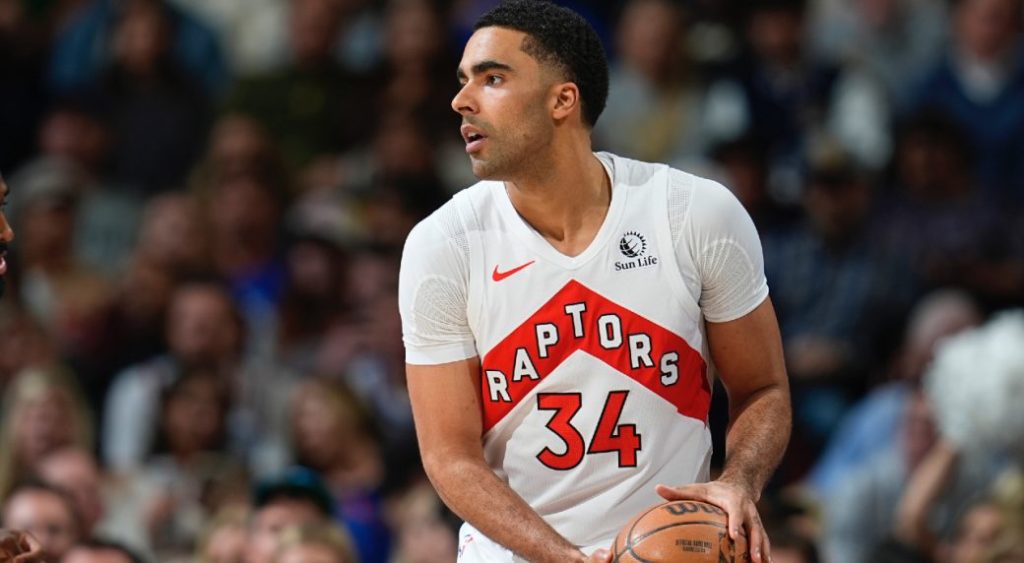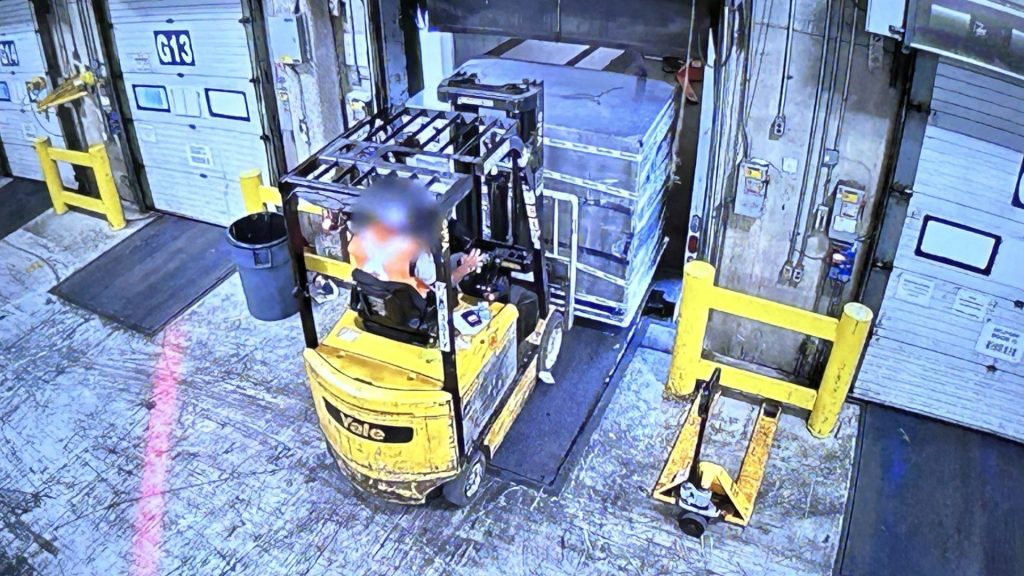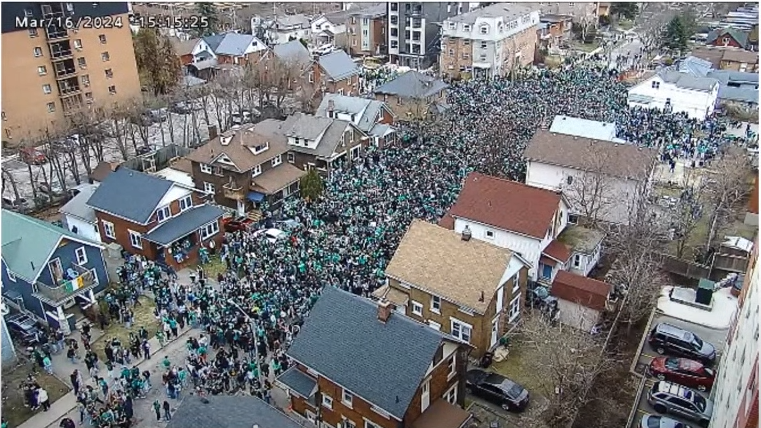Former German soccer president says top federation officials knew about questionable payment
Posted Oct 27, 2015 01:59:54 PM.
Last Updated Oct 27, 2015 05:40:43 PM.
This article is more than 5 years old.
FRANKFURT – In a political feud that could tarnish the reputation of Franz Beckenbauer, the former president of the German soccer federation has accused 2006 World Cup officials of knowing about a questionable payment to FIFA as early as 2002.
Theo Zwanziger said Tuesday in a statement that his successor, current German federation president Wolfgang Niersbach, was aware of a 6.7 million euro ($7.38 million) payment to FIFA years earlier than previously thought. Zwanziger has called the payment a slush fund used to buy votes.
“It was not a solo thing by Franz Beckenbauer, the top officials of the organizing committee were aware of it, Wolfgang Niersbach, Horst R. Schmidt and Fedor Radmann,” Zwanziger said in a statement through his lawyer.
All three were top officials in the body at the time.
Niersbach has said he first heard of the payment this year and learned the details only last week from Beckenbauer, the former Germany great who was the president of the 2006 organizing committee. He said Beckenbauer had reached the private deal with FIFA President Sepp Blatter.
Blatter, now suspended by the FIFA ethics committee from a different investigation, and FIFA have denied any knowledge of the agreement, while Beckenbauer said Monday it had been his mistake to go through with it.
Niersbach, who took over from Zwanziger in 2012 and was previously an official with the World Cup organizing committee, has denied any wrongdoing and says the payment to FIFA was in exchange for a financial grant worth 250 million Swiss francs (about $255 million).
A law firm tasked by the German soccer federation to investigate the affair said Tuesday it could be weeks before it finishes its work.
At the same time, the federation said Niersbach would not testify before the parliament’s sports committee until the investigation is closed.
Meanwhile, former West Germany great Guenter Netzer, who acted as an ambassador for the 2006 World Cup, took legal action to prevent Zwanziger from making further comments about him.
Zwanziger had said it was Netzer that told him in 2012 that the votes of four Asian representatives on the FIFA executive committee were bought, an accusation Netzer denies.
Netzer’s lawyer, Ralf Hoecker, told news agency dpa that Zwanziger had until Friday afternoon to issue a statement agreeing to stop making future claims.
“Either he undertakes to refrain from future slander or he’ll have to answer in court. The choice is his,” said Hoecker, who added that Zwanziger had “clearly forgotten” that Netzer’s wife was sitting at the same table in 2012.
“She can testify Zwanziger is lying,” Hoecker said.
Zwanziger, however, did not seem to be bothered.
“It’s his right to defend his position in this way, though it would be more important to contribute to clearing things up,” Zwanziger told dpa. “It’s not the first cease and desist I’ve seen in my life. They were rarely successful.”
In a separate development related to the FIFA corruption scandal, fraud investigators in Britain said they are looking for evidence of money laundering linked to the 2018 and 2022 World Cup bidding contests.
Serious Fraud Office director David Green told a British parliamentary hearing that “new information has come to us quite recently.”
“Whether the money came through London is important,” Green said.
However, Green said laws passed after the December 2010 vote give him no jurisdiction over FIFA for bribery offences.
He said he could not obtain a copy of former FIFA prosecutor Michael Garcia’s investigation into the World Cup bids. Garcia’s unpublished report was the basis for the Swiss attorney general’s investigation of financial wrongdoing at FIFA.










